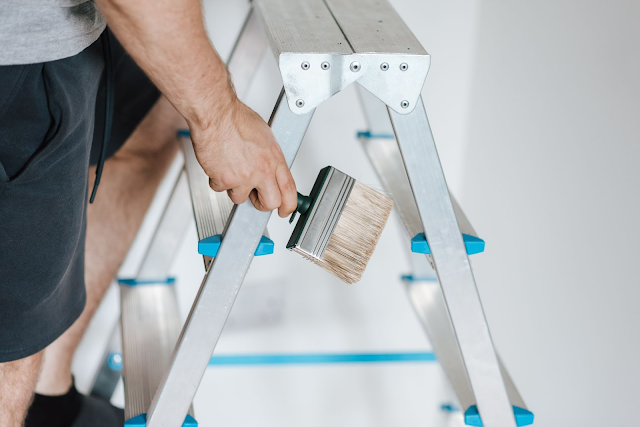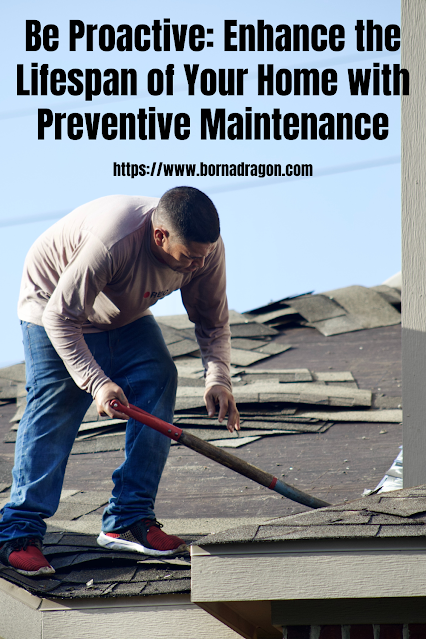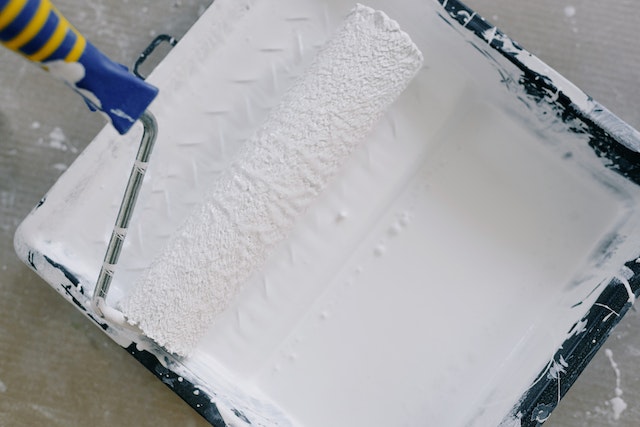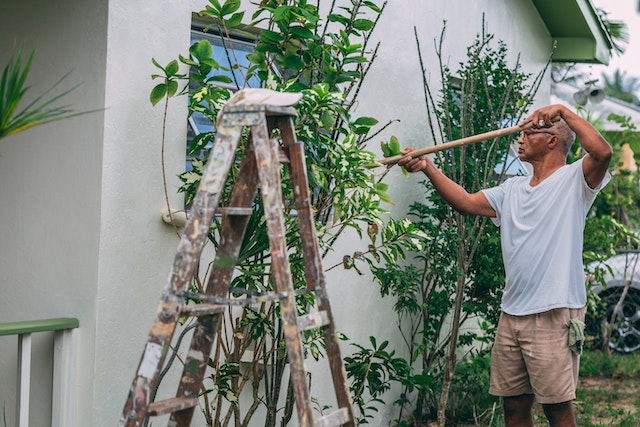Your home is your castle, and as such, you should be giving your castle the care and attention it needs at all times. As a homeowner, knowing the different signs that something is wrong can alert you to issues quickly so you can get them rectified before they create further problems and more damage sustained to your home.
As a homeowner, you hold a pivotal role in preserving the integrity of your property. While not all damage or repairs are urgent, some should not be ignored. It's your duty to stay on top of their maintenance to uphold the integrity and ensure safe living conditions within the property.
Foundation Issues
Uneven cracks in the walls of your house, not just the plaster, can indicate you might be experiencing foundation issues, as can doors not closing in their frames if they usually do. Saggy, uneven floors that feel springy and window and door frames separating from the building can also indicate something is amiss with your foundations too. As the foundations support your home, you must be on top of fixing any damage or problem areas that appear to provide you with a safe living space. Companies like RS Foundations can assist you with rectifying foundation problems to restore functionality and support for your home.
Standing Water
It goes without saying that pools of standing water in or around your home aren't a good sign, and this should be something you address with utmost urgency to identify the source of the water. Pooling water is an attribute of poor drainage, and many things can cause this. It can be a poor installation in newer-built homes, meaning that your plumbing and pipework weren't installed correctly. In older homes, it can be caused by cracked or blocked pipes that aren't able to perform their duties anymore.
Irrespective of the cause, if you spot standing water anywhere, it's crucial to address this immediately.
Roof Repairs
Your roof can and should last anywhere from 20 to 50 years, depending on the roof materials and installation, as well as care and upkeep. However, it's unrealistic to expect that your roof won't sustain damage even with the best maintenance program in place. Your roof protects your home from the elements, and if it has suffered any damage, it's up to you to identify it and fix it quickly. Damaged roofing can be identified by increased light in your attic space, increased drafts in the home, or excess water dripping through the ceiling or down internal walls. If any of these indicators are present, you have the power to call a roofing company that can ascertain the level of damage and get it fixed, restoring full functionality to your home.
Being able to quickly identify any repairs in your home and ascertain their severity can enable you to get priority repairs carried out quickly to ensure that your home remains a safe place so it can provide you with the support and protection you need on a daily basis.



.png)







.png)



















.png)







.jpg)